'As an interior designer, these are the 6 tricks I use for designing for children'
We spoke to Zulufish Caroline Milns about what to consider when you are planning a child's bedroom. These are her expert tips and tricks

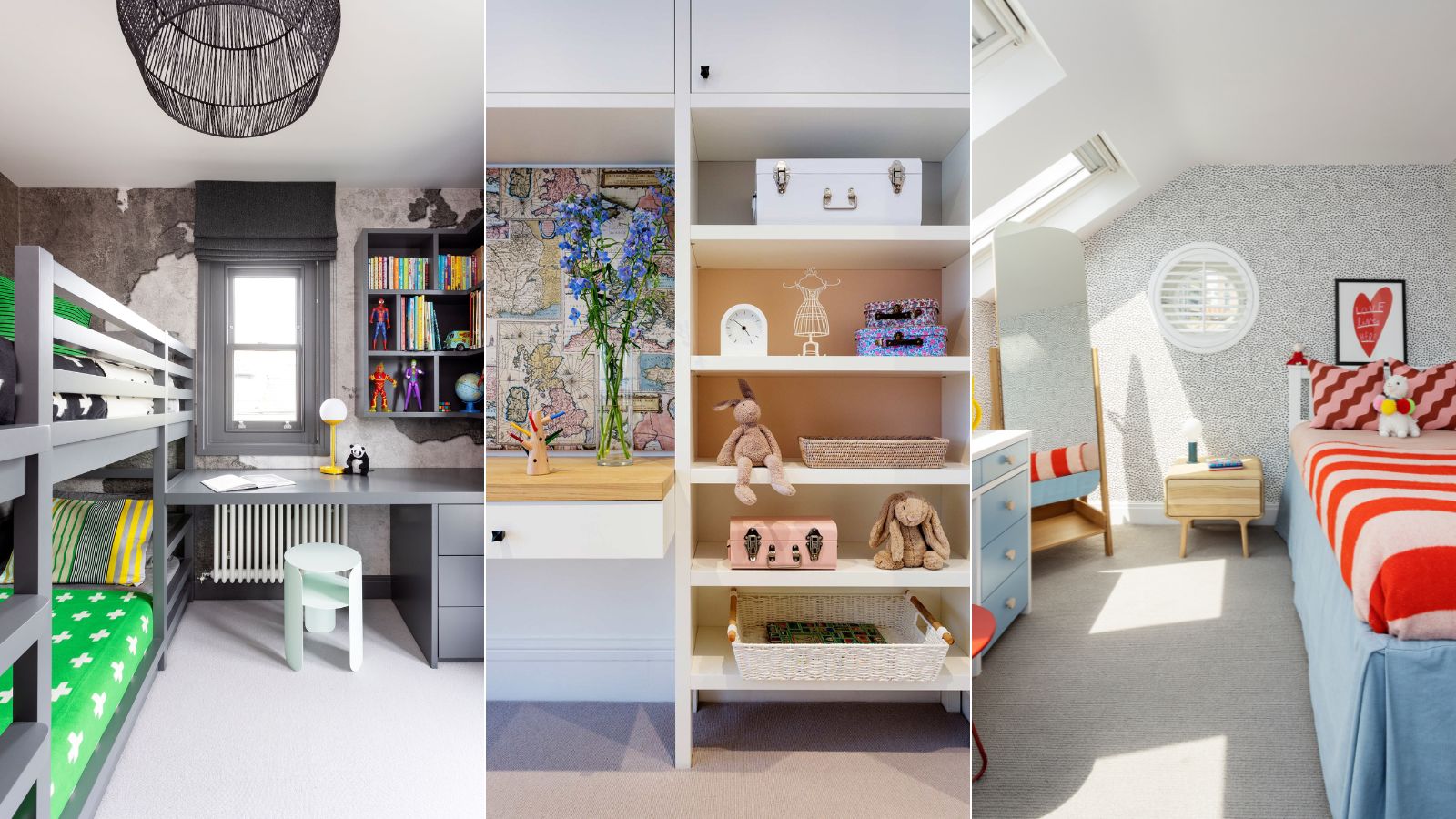
What are the considerations when designing for children? We spoke to an interior designer to find out.
'As with designing any space, designing children's bedrooms is about understanding how the space will be used, what the practical or functional needs of the space are and the atmosphere you want to create. Do you want a calming sanctuary or an imaginative play space, or both?' says Caroline Milns, Head of Interior Design, Zulufish.
'The added complication with designing for children is the flexibility required, it is essential to create a concept that grows with a child. Not only do they physically grow, but tastes change too, kids' room ideas that feel fun to a five year old, may be deeply uncool for a 10 year old. Invest in pieces that last, evolving with your child as they move into their teenage years and beyond, layering in the fun or the cool factor in a flexible and considered way.'
1. Think social
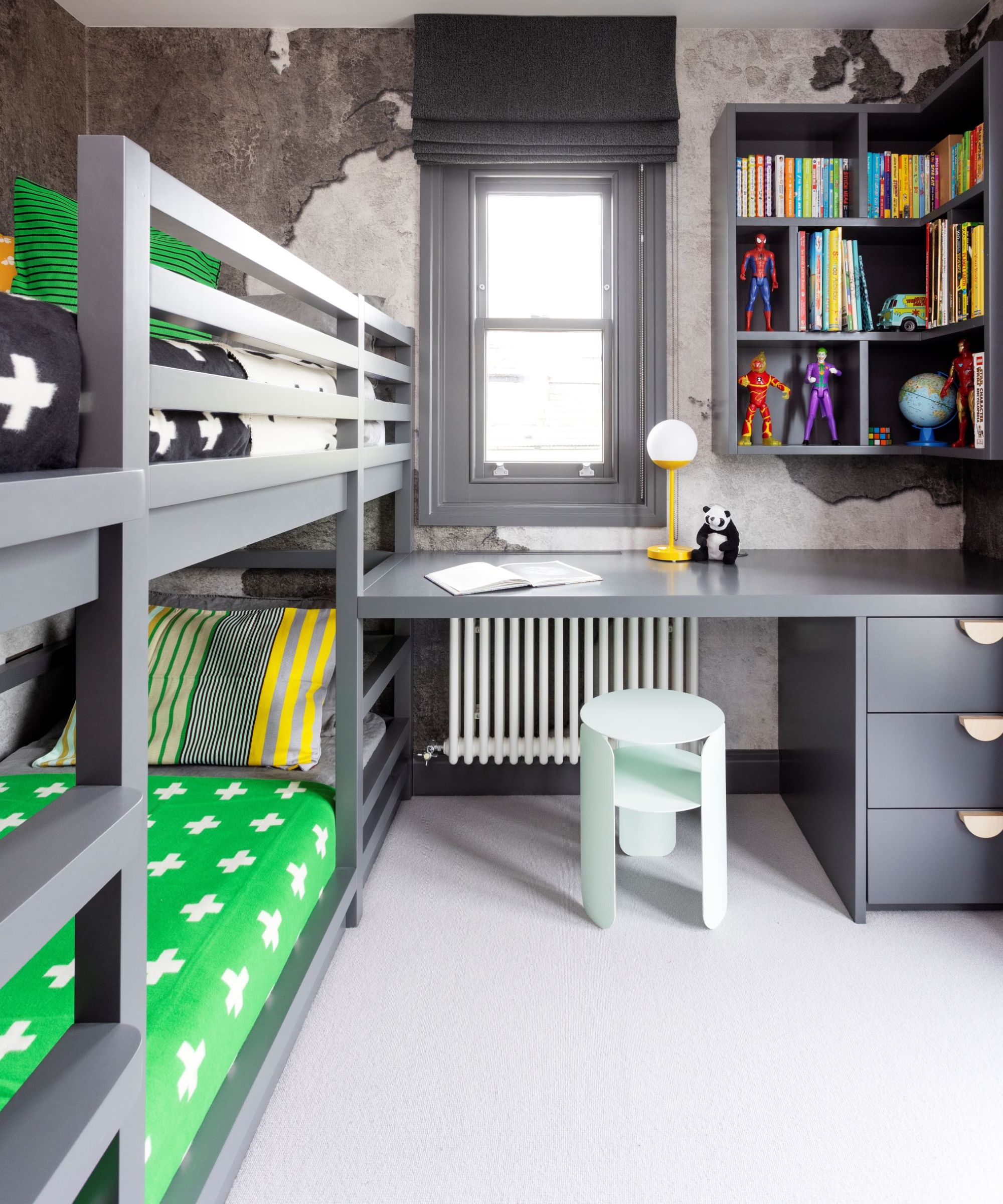
'Kids love rooms they feel proud of, spaces where they can play or socialize with friends, whatever their age. If you're designing for a very young child, think beyond the right now, and consider how they will be using the room in two, four or six years.
'Consider an underbed pull-out guest bed, or an armchair that you use for bedtime stories now, but that converts to a single guest bed when the sleepover years start.'
2. Invest in ageless
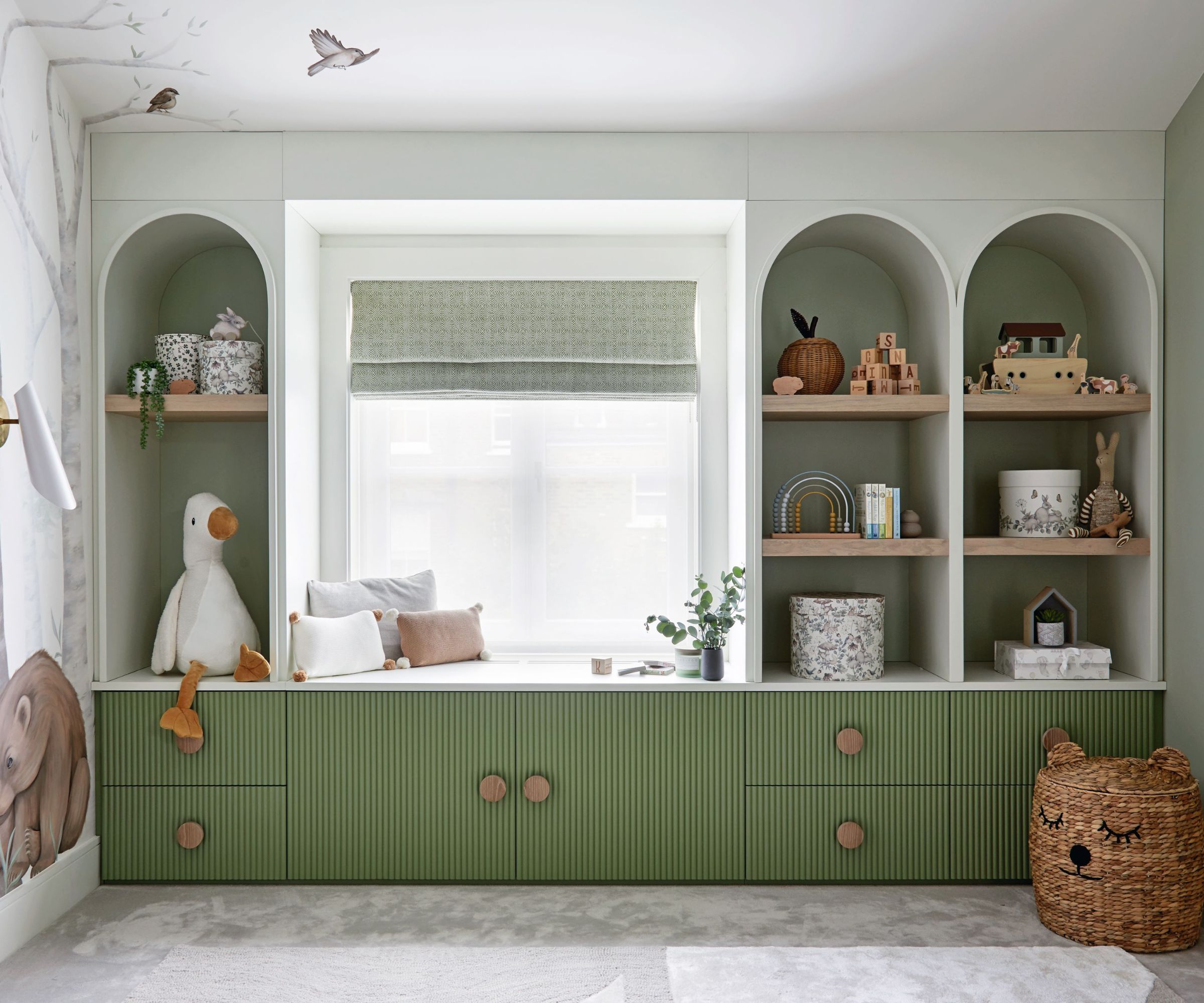
'Invest in furniture pieces with longevity, and layer in fun, personality packed elements such as accessories, art, bedding or a feature wall that are easy to change.
'Buy versatile and iconic quality furniture pieces that last, Alvar Aalto's iconic Stool 60 is one of the most elemental of furniture pieces, the perfect bedside table for little ones, but as they get older it's equally suitable as a seat, storage unit, display surface or a even side table in their first flat.
Design expertise in your inbox – from inspiring decorating ideas and beautiful celebrity homes to practical gardening advice and shopping round-ups.
'Considering multi-use pieces now will ensure the space evolves and grows along with them.'
3. Go bespoke
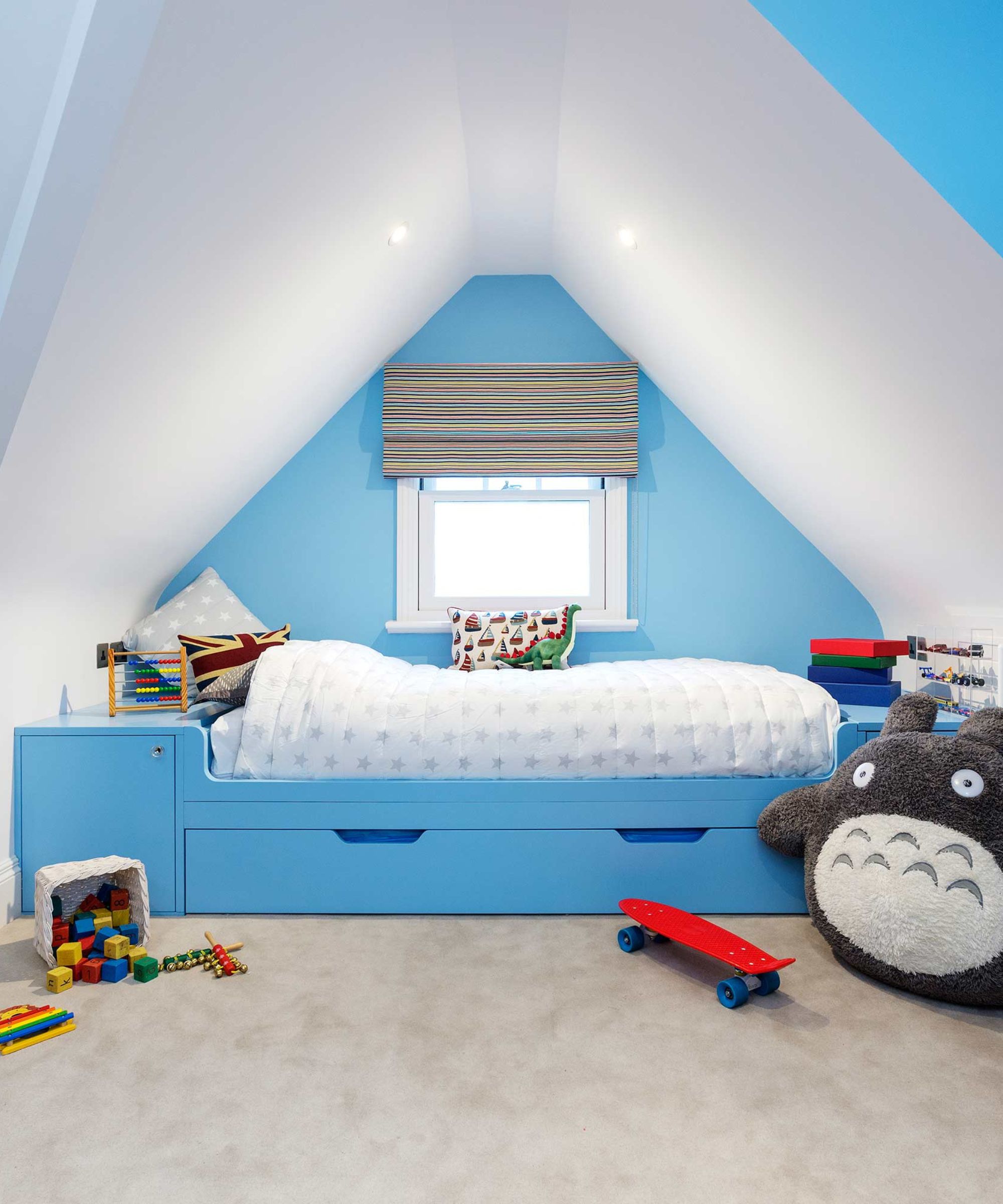
'Space in our homes is precious, by working with bespoke joinery, not only can you utilise every square inch, you can create spaces that meet multiple needs. Make the best use of awkward angles within a room by embracing them as part of the overall design, for example, building a bed into an alcove will give it a cozy, cubby-hole feel, whilst building custom seating or a desk into a sloping attic wall will extend the usable space with the room.
'Working with bespoke joinery is a real joy for us, it ensures the layout is maximized, adding additional storage through considered design, prioritizing precious floor space, that children need for creative play.'
4. Show off
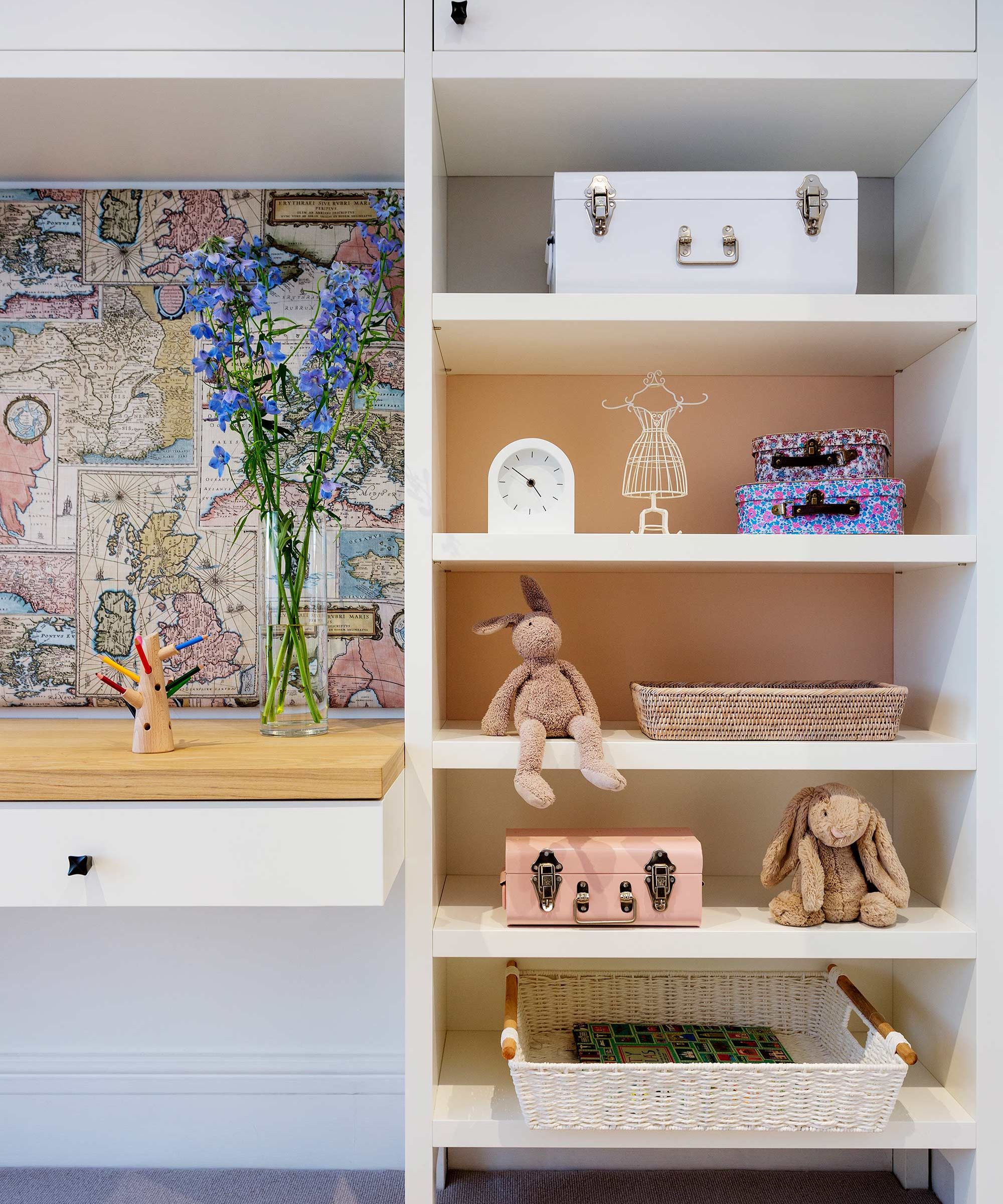
'I love to create storage that provides the tools kids need to keep a room tidy, however it’s important not to hide it all away. Children are collectors, makers, builders and artists, I believe in designing spaces that allow for special things to be displayed, mixing practical hide it all away storage with open shelving, nooks and display areas where younger children can proudly show off their creations.
'Beautifully designed display areas will elevate everything from Lego builds to papier-mâché creations to art, and will provide storage for books and belongings as children grow.'
5. Layer the fun
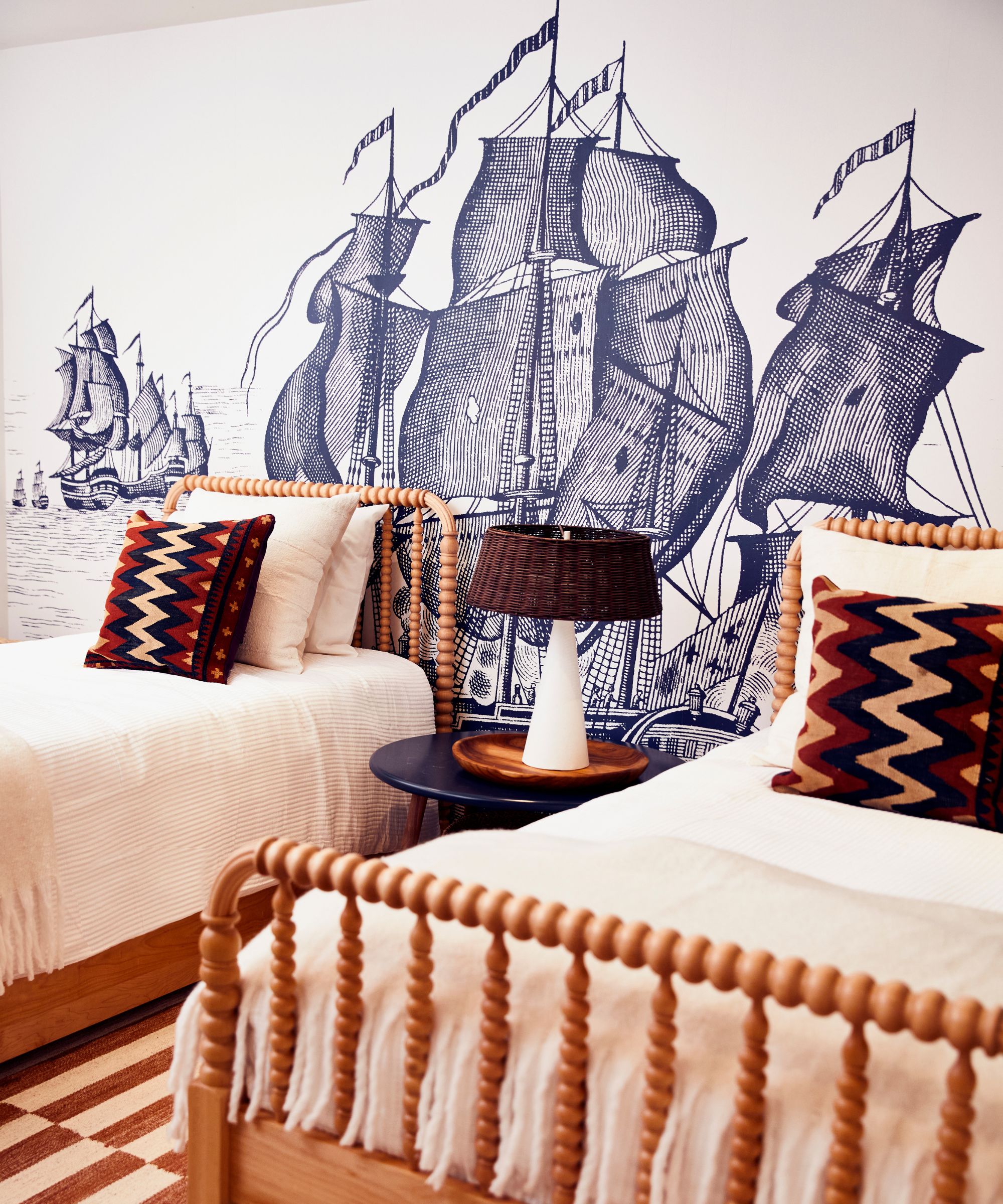
'Be creative! Kids bedrooms are where you can really embrace a sense of color and pattern and have fun with the space. Think about adding children's bedroom wallpapers and fabrics that can truly allow their imagination to go wild, such as mural wallpapers, which evoke fun filled dreams of travel and adventure.
'Opt for an easy to replace feature wall if you are choosing a themed mural as kids will grow out of a passion for dinosaurs or pirates quickly, and changing a feature wall is far easier than redecorating a whole room.
'Think about sourcing unusual accessories to add to the room such as a phone box, tepee or hammock, all these will feed into their games and provide hours of enjoyment and entertainment.'
6. Embrace color (in the right places)
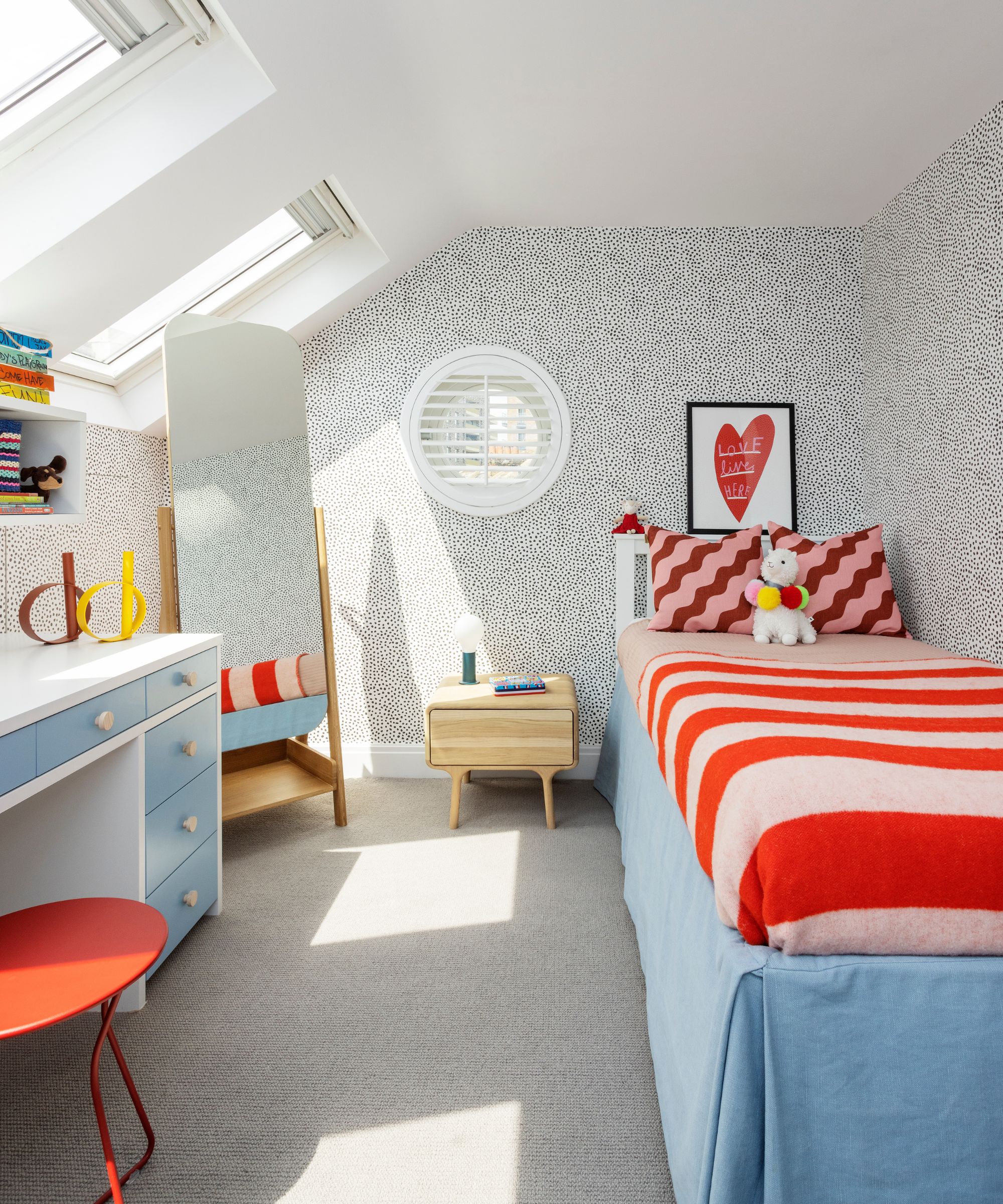
Pondering kids' room paint ideas? 'Stop your design scheme feeling too busy or jumbled by keeping to a tight color palette, keep your base build including furniture and fixtures sophisticated and elegant, with a more mature color palette, and layer in the fun easy to change accessories, art and textiles.
'Opting for a mix of textures and pops of color will bring personality and interest, without feeling too child-like with the added benefit of being easily updated.
'I love to include versatile wallpapers such as a black and white spot print, which works fantastically as a backdrop for pretty pastel nursery hues, or bold brights and cool contrasting colors.'
FAQs
What is child centered design?
Child-centered design is when you bring the child into the design process as an equal partner, considering their perspectives, ideas and views. This can be valuable when designing for children since it is their space and the more invested in it they are, the more they will (hopefully) keep it neat. And, of course, as they get older, that input into the design of their rooms will only increase.
Designing for children must be future-proofed. For example, when you are designing kids' room storage, consider not just what might need to be put away now, but also in five years time; it may need to transition from displaying cuddly toys to craft projects to school work.

Lucy Searle has written about interiors, property and gardens since 1990, working her way around the interiors departments of women's magazines before switching to interiors-only titles in the mid-nineties. She was Associate Editor on Ideal Home, and Launch Editor of 4Homes magazine, before moving into digital in 2007, launching Channel 4's flagship website, Channel4.com/4homes. In 2018, Lucy took on the role of Global Editor in Chief for Realhomes.com, taking the site from a small magazine add-on to a global success. She was asked to repeat that success at Homes & Gardens, where she has also taken on the editorship of the magazine.